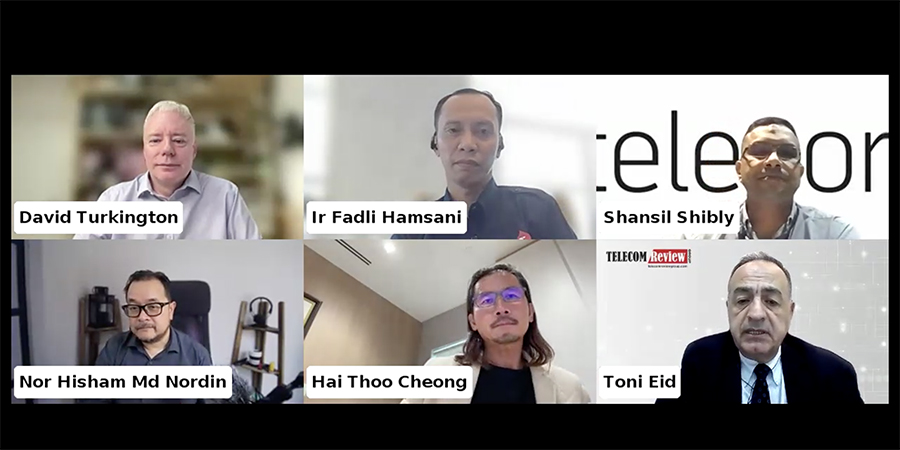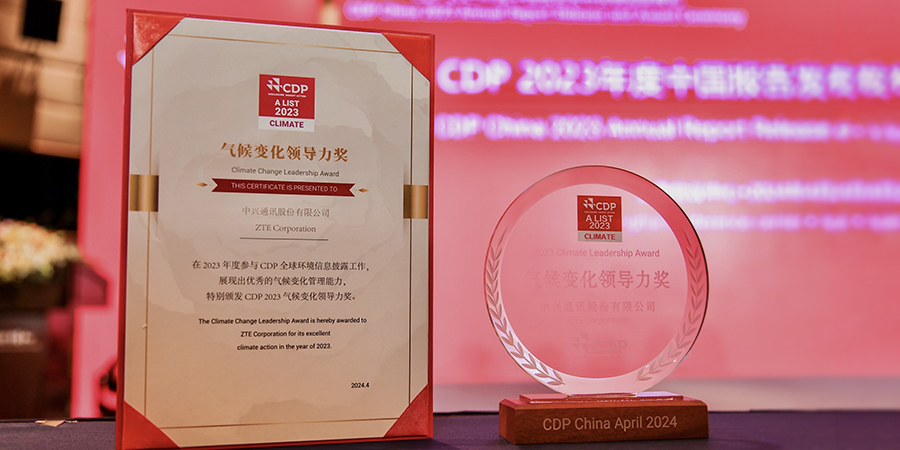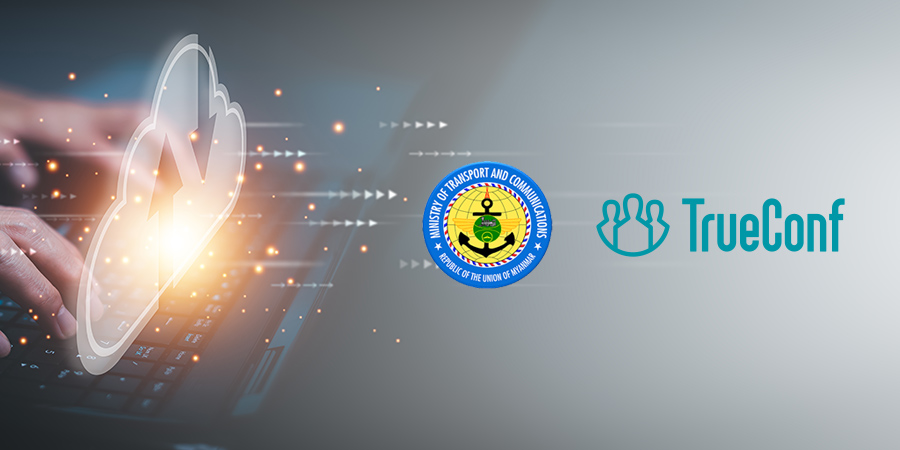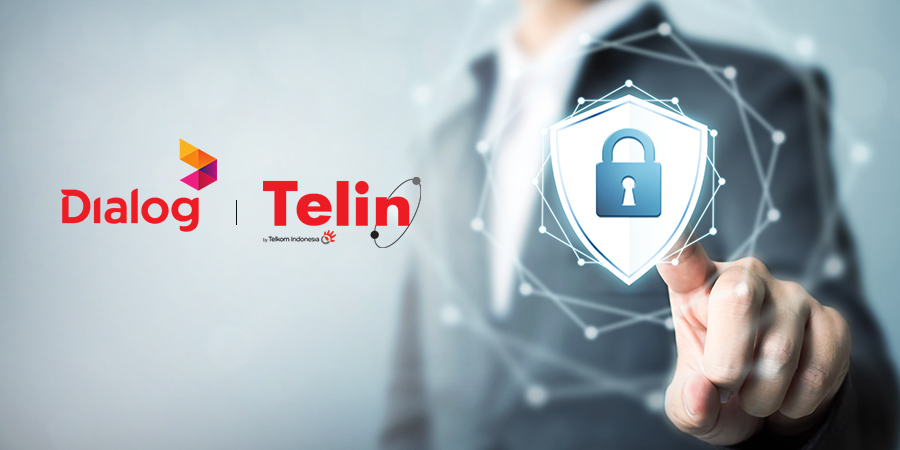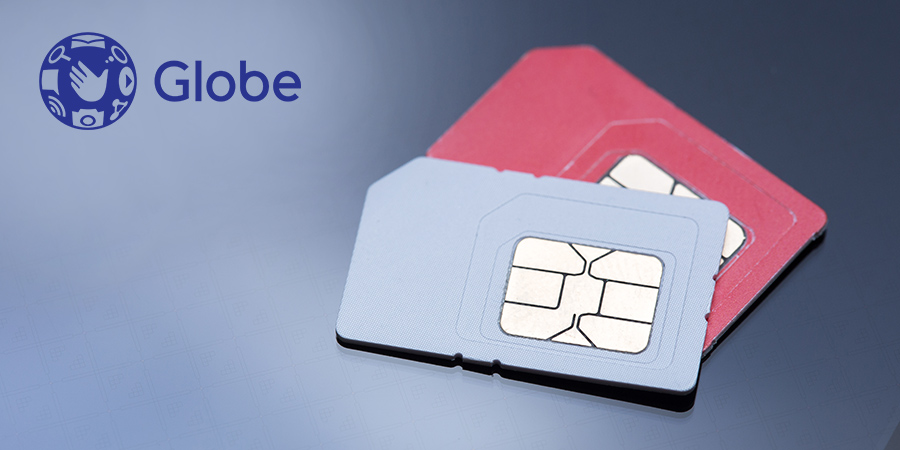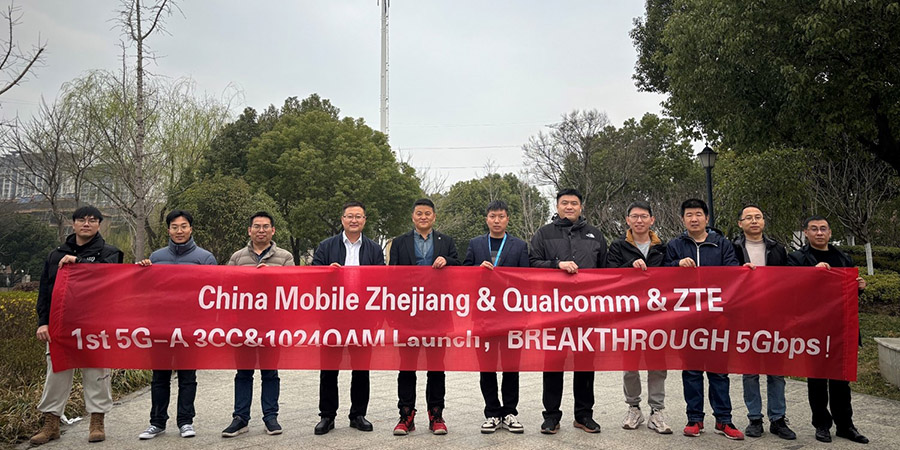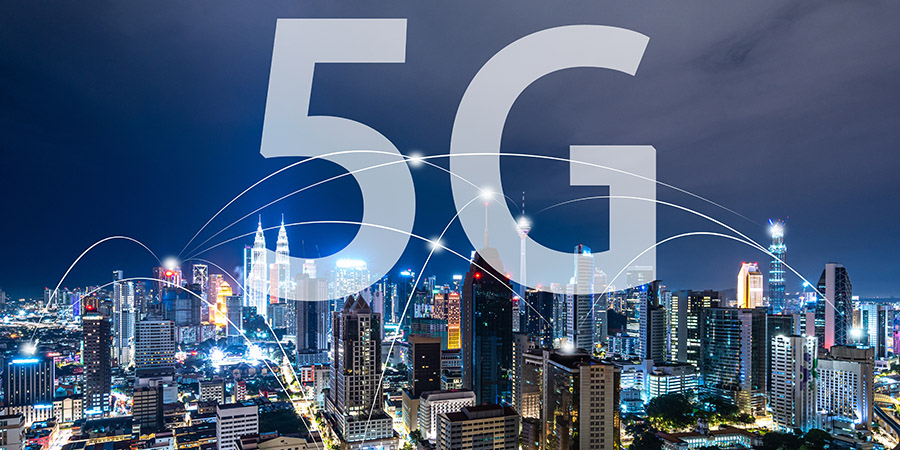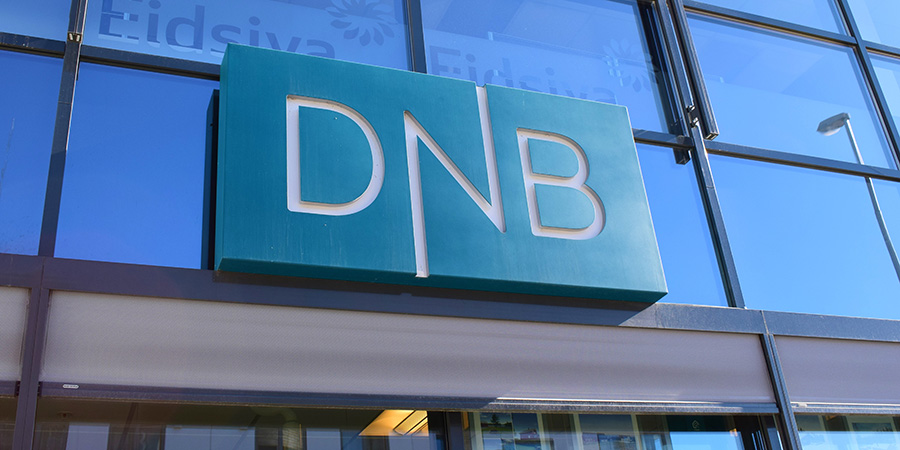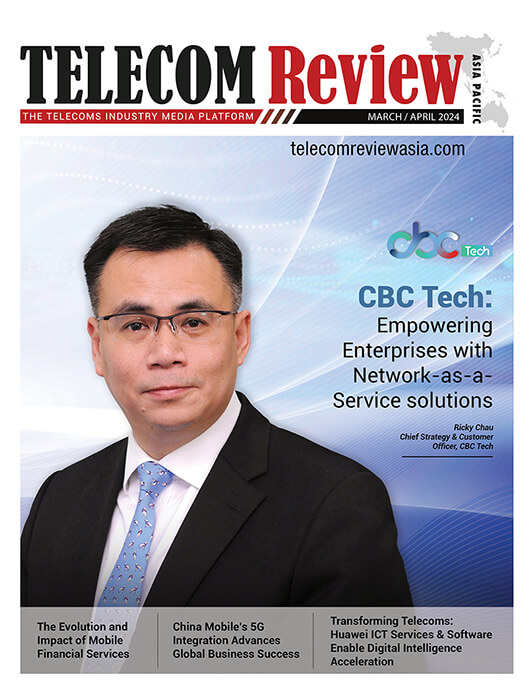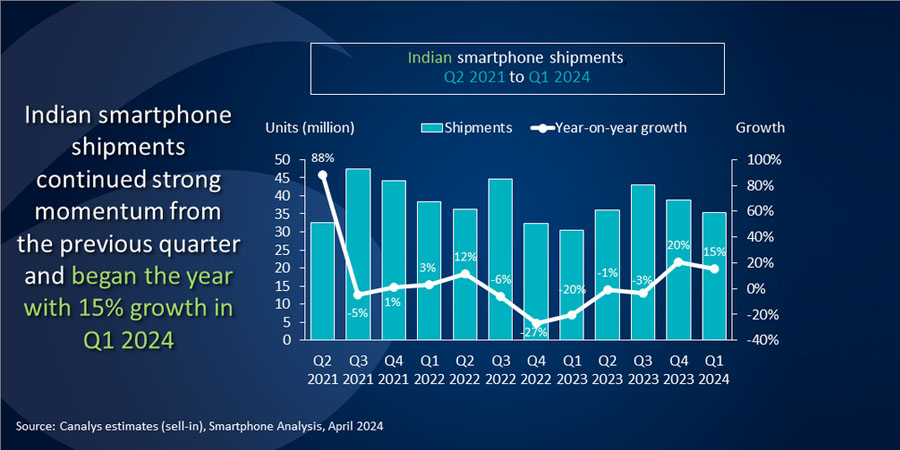Nokia announced that it has been selected by Taiwan Mobile (TWM) as the sole supplier of its 5G network in a three-year framework deal worth approximately 400 million euros. The initial phase of the deal, which includes 5G RAN, 5G Core and 5G IMS, begins this month with the deployment of 5G non-standalone with the aim of migrating to 5G standalone within a three-year period. Nokia is a long-standing partner of TWM and will support the company in its efforts to execute its ‘Super 5G strategy’ which is focused on sustainability and digital transformation.
The deal will see Nokia provide its 5G RAN portfolio including its Nokia AirScale Radio Access products that will enable TWM to deliver market-leading 5G experiences to subscribers with ultra-low latency, connectivity and capacity. AirScale Radio Access is an industry-first commercial end-to-end 5G solution enabling operators to capitalize early on 5G. Nokia will also provide its AirScale Micro Remote Radio Head (RRH) solution which will enable TWM to meet the demand for capacity and reliable coverage where it is needed both indoors and outdoors with the lowest total cost of ownership. Nokia will also provide digital design and deployment for a faster time to market as well as optimization and technical support services.
Taiwan Mobile will utilize several Nokia Software solutions spanning cloud and security services, as well as network optimization and management for 5G RAN, 5G Core and 5G IMS. Network functions and applications will be deployed on top of Nokia’s CloudBand Infrastructure Software and Application Manager and Network Director cloud management products; Radio network optimization will be managed with EdenNet Self-Organizing Networks and Nokia Performance Manager. NetAct Network Management is being deployed to operate the infrastructure, and Archive Cloud will be deployed to support business continuity requirements.
Nokia’s 5G Core portfolio will provide TWM with a solid foundation to run at scale within dynamic cloud environments, with a sharp focus on scalability, automation and performance to quickly deliver new digital services that leverage the full capabilities 5G has to offer. 5G standalone core network functions selected by TWM include Unified Data Management, Signalling and network functions provided by Nokia’s Cloud Packet Core portfolio, including the Access and Mobility Management Function, User Plane Function, Session Management Function, Network Function Repository Function and the Network Slice Selection Function and Policy Control Function. Nokia is providing its Traffica analytics solution for 5GC. Network Exposure function is also included for future 5G application innovation and business mode evolution.
Nokia is a longstanding partner of TWM and has previously provided its 2G, 3G and 4G mobile networks. Nokia has made several key contributions to TWM’s 5G development including a demonstration of a 5G network with extended coverage at the Xinzhuang Baseball Stadium in New Taipei City. In the 5G era, TWM is repositioning itself as a next-generation technology company focusing on telecommunications, the Internet, media and entertainment, and e-commerce with a clear emphasis on sustainability. They claimed 60MHz in the 3.5GHz band and 200MHz in the 28GHz band in the country’s spectrum auction in January.
Nokia has a long-standing commitment to sustainability. In 2019, the company delivered zero-emission products to over 150 customers worldwide and is committed to decreasing emissions from its operations by 41 percent by 2030. Last year, Nokia joined a group of 87 companies at the United Nations climate summit in committing to recalibrate its existing science-based climate targets in line with the 1.5°C warming scenario.
Jamie Lin, President at Taiwan Mobile said, “We are pleased to join forces with Nokia again in the 5G era. After the successful launch of 5G, both sides will continue to advance deployment and provide the best coverage and connectivity experiences in the market. More importantly, the two companies will work together to promote our "Super 5G Strategy," which integrates multiple vertical applications including smart e-commerce, smart stadium, smart healthcare and smart manufacturing. This approach is designed to build a thriving ecosystem that will create new possibilities for every user and enterprise in the 5G era!”
Tommi Uitto, President of Mobile Networks at Nokia, said, “We have enjoyed a long-standing partnership with Taiwan Mobile, supporting them in the delivery of 2G, 3G, 4G networks and we look forward to continuing this in the 5G era as their sole supplier. Our end-to-end portfolio, global reach and commitment to a more sustainable world will help Taiwan Mobile execute its ambitious 5G strategy and plans for a fast roll-out.”




